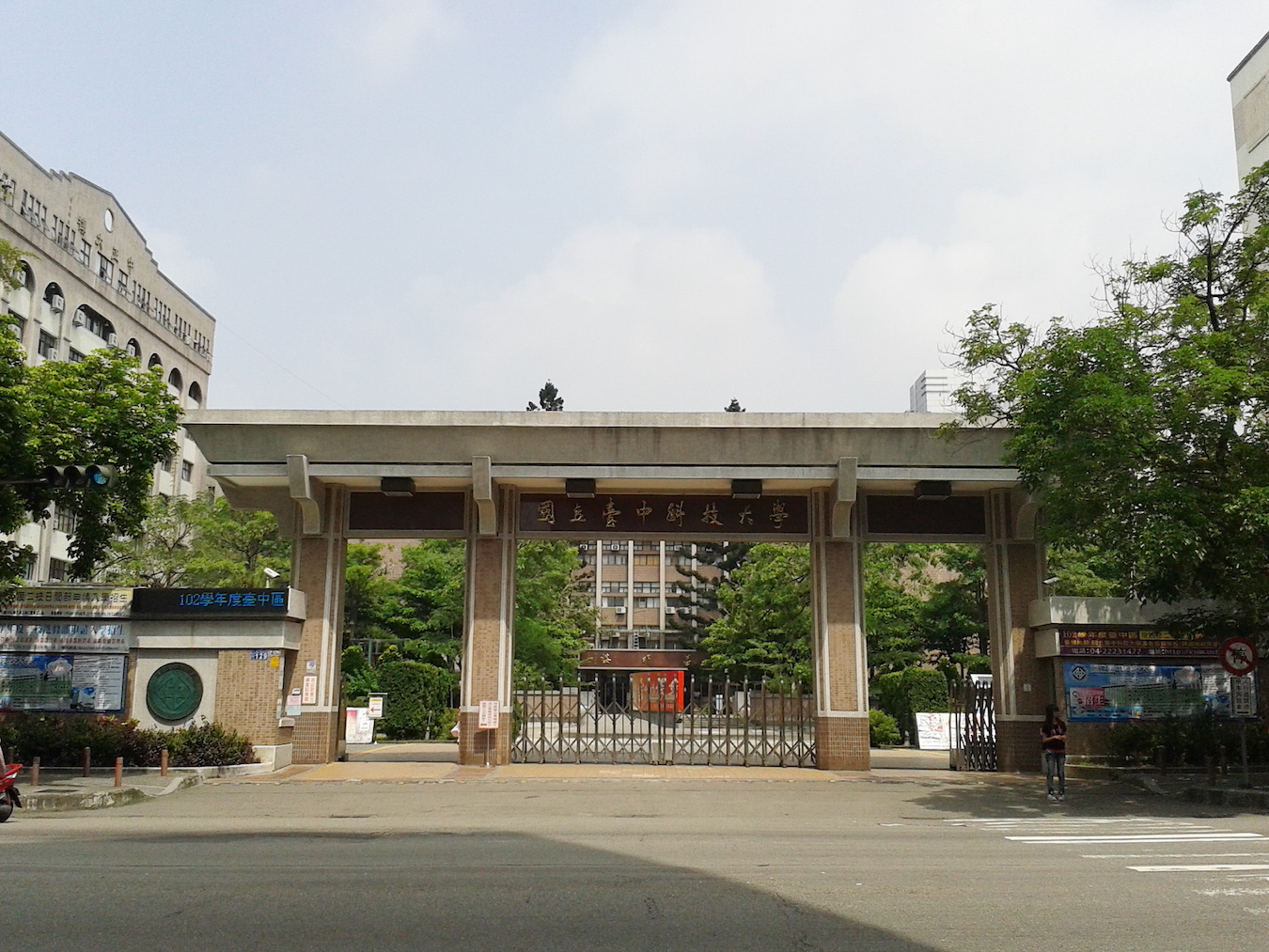by Brian Hioe
語言:
English
Photo Credit: SSR2000/WikiCommons/CC BY-SA 3.0
ARRESTS IN TAICHUNG last month over illegal and exploitative loans provided to students point to a growing problem in Taiwan. Namely, disenfranchised students may be pushed to sign for loans without being aware of what they are getting into, at a time in which costs for education in Taiwan have increased.
Two men surnamed Lin were arrested in late October over the scam. Students at universities including Chienkuo Technology University, Feng Chia University, National Formosa University, National Taichung University of Science and Technology, Providence University, and Tunghai University were among those targeted.
Students were promised 5,000 NT in loans up front and 3,000 NT for other students they signed up, with promises that the loans could be used to pay for computers, cell phones, and other equipment. However, students later found that they had been duped into owing between 100,000 NT and 150,000 NT, seeing as the Lins sold the contracts to debt companies. The two are accused of taking advantage of students’ financial lack of experience.
For one, Taiwan suffers from the issue of that there are too many educational institutions. Taiwan saw an explosion in the number of colleges and universities from 28 in 1985 to 145 by 2005. Students at private universities, however, face the double bind of that private universities in Taiwan are not only less prestigious, but more expensive. It may be no surprise that a number of the students who were scammed were at private universities.
The scams have led to public scrutiny at a time in which the increasingly widespread nature of fraud in Taiwan has become a hotbed political issue. The pan-Blue camp has sought in the present election cycle to rally against the Tsai administration for failing to take action against fraud, accusing the Tsai administration of having ties to organized crime groups.
 Photo credit: Neillin1202/WikiCommons/CC BY-SA 3.0
Photo credit: Neillin1202/WikiCommons/CC BY-SA 3.0
To address these criticisms, the government has sought to enact new measures, such as rolling out the 111 SMS code to counter fraud. Government messages to members of the public will come from 111 in the future, to prevent fraudsters from posing as acting on behalf of the government.
The National Communications Commission (NCC) has also begun working with telecom providers to block numbers from +886 0 to +886 8.\ According to the NCC, blocking this range of numbers can block 99% of fraud calls. Nevertheless, that students are among those targeted perhaps points to how wider financial literacy education is needed in Taiwan.
At the same time, universities themselves have come to engage in fraud against students–mostly students from Southeast Asia or other countries, with many schools having turned toward international students to stay afloat at a time of declining birth rates in Taiwan.
In January 2022, an investigative report from The Reporter found that Ugandan students at the Chung Chou University of Science and Technology were forced to work in factories. This occurred despite that students were originally promised scholarships and paid internships to study in Taiwan, just that this later turned out to take the form of factory work. Students that attempted to speak out about their conditions were threatened with deportation and exorbitant tuition fees.
In 2018, a similar incident involved students at the University of Kang Ning in Tainan sent to work in a slaughterhouse. This was followed in 2019 by reports of Indonesian students at the Hsing Wu University in New Taipei being forced to make contact lenses in a factory, as well as at five other universities, and students at the Yu Da University of Science and Technology in Miaoli from the Philippines being forced to work in a tile manufacturing factory. Likewise, in June 2020, it was reported that 40 students from Eswatini at Mingdao University were forced to work in a refrigerated factory skinning chickens.
In some cases, these universities used funding from the Ministry of Education to pay brokers to bring students over. To this extent, students were sometimes not paid for their labor, with factories instead making “donations” to universities. Though media reporting allowed for exposure regarding their conditions, students were sometimes still not given the full amount they were promised, and thus faced the difficult decision of whether to stay in Taiwan or leave.
The scam involving the loans to students has been widely reported on, but gestures toward a larger problem then. It is to be seen whether there will be attempts to remedy this issue.

